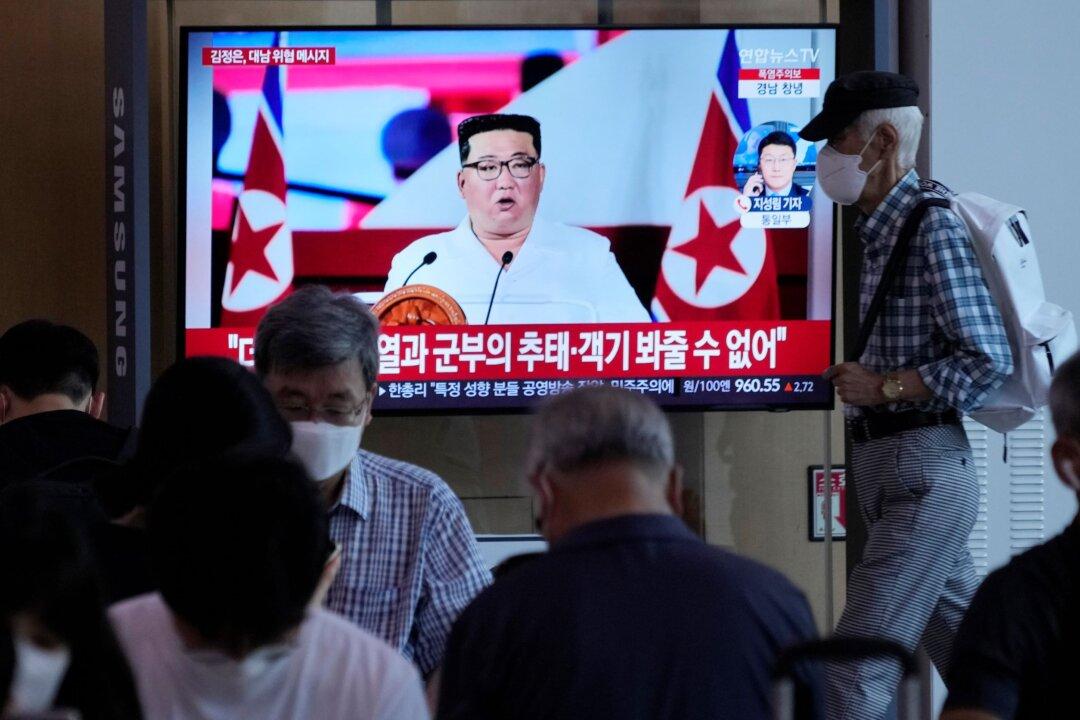North Korea has passed a law allowing it to conduct a nuclear strike “automatically” against any “hostile forces” posing an imminent threat to the nation, according to the official state-run media.
The new law, adopted at the Supreme People’s Assembly on Sept. 8, will allow North Korea to “immediately destroy the hostile forces” to protect itself, state mouthpiece Korean Central News Agency (KCNA) reported.





